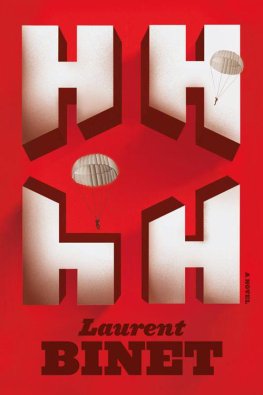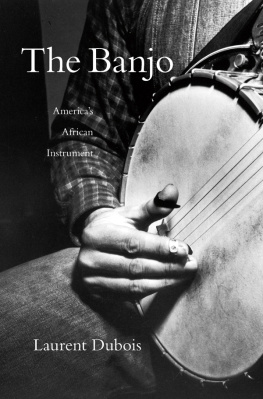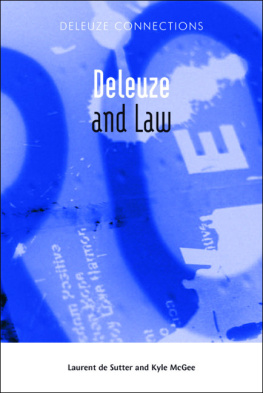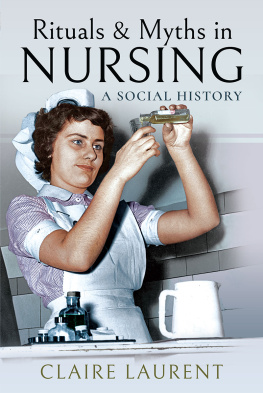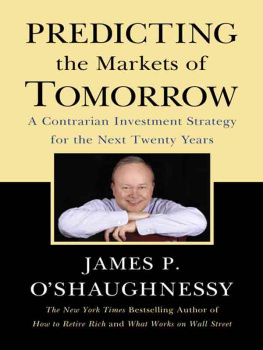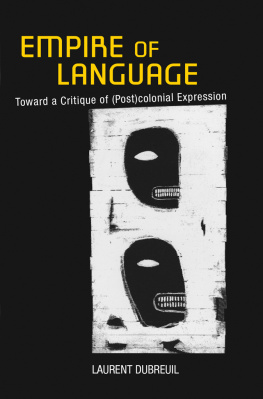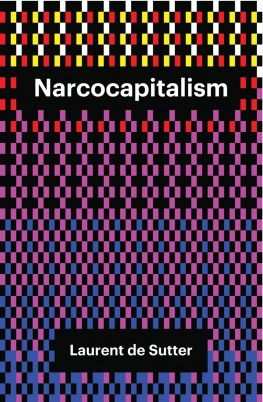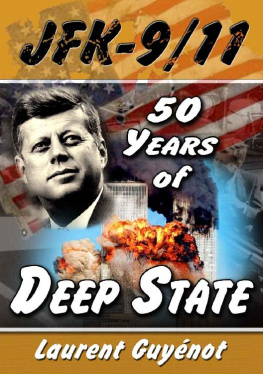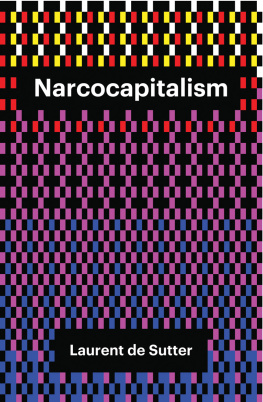
French Film Directors
Diana Holmes and Robert Ingram series editors
Dudley Andrew series consultant
Chantal Akerman Marion Schmid
Auterism from Assayas to Ozon:
Five Directors Kate Ince
Jean-Jacques Beineix Phil Powrie
Luc Besson Susan Hayward
Bertrand Blier Sue Harris
Catherine Breillat Douglas Keesey
Robert Bresson Keith Reader
Leos Carax Garin Dowd and Fergus Daly
Marcel Carn Jonathan Driskell
Claude Chabrol Guy Austin
Henri-Georges Clouzot Christopher Lloyd
Jean Cocteau James S. Williams
Jacques Demy Darren Waldron
Claire Denis Martine Beugnet
Marguerite Duras Renate Gnther
Jean Epstein Christophe Wall-Romana
Georges Franju Kate Ince
Jean-Luc Godard Douglas Morrey
Mathieu Kassovitz Will Higbee
Diane Kurys Carrie Tarr
Patrice Leconte Lisa Downing
Louis Malle Hugo Frey
Chris Marker Sarah Cooper
Georges Mlis Elizabeth Ezra
Negotiating the auteur Julia Dobson
Franois Ozon Andrew Asibong
Marcel Pagnol Brett Bowles
Maurice Pialat Marja Warehime
Jean Renoir Martin OShaughnessy
Alain Resnais Emma Wilson
Jacques Rivette Douglas Morrey and Alison Smith
Alain Robbe-Grillet John Phillips
Eric Rohmer Derek Schilling
Coline Serreau Brigitte Rollet
Bertrand Tavernier Lynn Anthony Higgins
Andr Tchin Bill Marshall
Franois Truffaut Diana Holmes and Robert Ingram
Agns Varda Alison Smith
Jean Vigo Michael Temple
Laurent Cantet
Martin OShaughnessy
Manchester University Press
Copyright Martin OShaughnessy 2015
The right of Martin OShaughnessy to be identified as the author of this work has been asserted by him in accordance with the Copyright, Designs and Patents Act 1988.
Published by Manchester University Press
Altrincham Street, Manchester M1 7JA
www.manchesteruniversitypress.co.uk
British Library Cataloguing-in-Publication Data
A catalogue record for this book is available from the British Library
Library of Congress Cataloguing-in-Publication Data applied for
ISBN 978 0 7190 9150 6 hardback
First published 2015
The publisher has no responsibility for the persistence or accuracy of URLs for any external or third-party internet websites referred to in this book, and does not guarantee that any content on such websites is, or will remain, accurate or appropriate.
Typeset by Out of House Publishing
To Kay, Gloria, Ana, John and Michael
Contents
To an anglophone audience, the combination of the words French and cinema evokes a particular kind of film: elegant and wordy, sexy but serious an image as dependent upon national stereotypes as is that of the crudely commercial Hollywood blockbuster, which is not to say that either image is without foundation. Over the past two decades, this generalised sense of a significant relationship between French identity and film has been explored in scholarly books and articles, and has entered the curriculum at university level and, in Britain, at A-level. The study of film as art-form and (to a lesser extent) as industry has become a popular and widespread element of French studies, and French cinema has acquired an important place within film studies. Meanwhile, the growth in multi-screen and art-house cinemas, together with the development of the video industry, has led to the greater availability of foreign-language films to an English-speaking audience. Responding to these developments, this series is designed for students and teachers seeking information and accessible but rigorous critical study of French cinema, and for the enthusiastic film-goer who wants to know more.
The adoption of a director-based approach raises questions about auteurism. A series that categorises films not according to period or to genre (for example), but to the person who directed them, runs the risk of espousing a romantic view of film as the product of solitary inspiration. On this model, the critics role might seem to be that of discovering continuities, revealing a necessarily coherent set of themes and motifs that correspond to the particular genius of the individual. This is not our aim: the auteur perspective on film, itself most clearly articulated in France in the early 1950s, will be interrogated in certain volumes of the series, and, throughout, the director will be treated as one highly significant element in a complex process of film production and reception that includes socio-economic and political determinants, the work of a large and highly skilled team of artists and technicians, the mechanisms of production and distribution, and the complex and multiply determined responses of spectators.
The work of some of the directors in the series is already well known outside France; that of others is less so the aim is both to provide informative and original English-language studies of established figures, and to extend the range of French directors known to anglophone students of cinema. We intend the series to contribute to the promotion of the formal and informal study of French films, and to the pleasure of those who watch them.
DIANA HOLMES
ROBERT INGRAM
My great thanks go to Diana Holmes and Robert Ingram for their support, advice and encouragement. I am tremendously grateful too to Matthew Frost and his colleagues at Manchester University Press for their patience and helpfulness. Thanks are also due to Robert Whitelock for all his work on the manuscript and to Rob Wilkinson for his deft handling of the production process. More specific thanks are owed to friends and colleagues with whom I discussed specific Cantet works and whose ideas and comments undoubtedly helped shape this book: John Marks at Nottingham University, with whom I have discussed Cantet on many occasions; Gary Needham at Nottingham Trent University, who is a mine of information on all things film-related; Winifred Woodhull from the University of California San Diego, who gave so generously of her time and insights; all the participants, and especially the two organisers, Rosemarie Scullion and Nathalie Rachlin, at the wonderful colloquium in La Bretesche in 2012, where so many ideas were exchanged. Thanks finally to the Arts and Humanities Research Council and to Nottingham Trent University for providing the sabbatical time that allowed me to research and write this book.
Laurent Cantet is one of Frances leading contemporary directors although he has only made a relatively modest number of films. If the undoubted high point of his career to date was the award of the Palme dOr at the sixty-first Cannes film festival in 2008 to his Entre les murs (The Class), it was not his first critical success. It came on the back of the Don Quixote award given to




